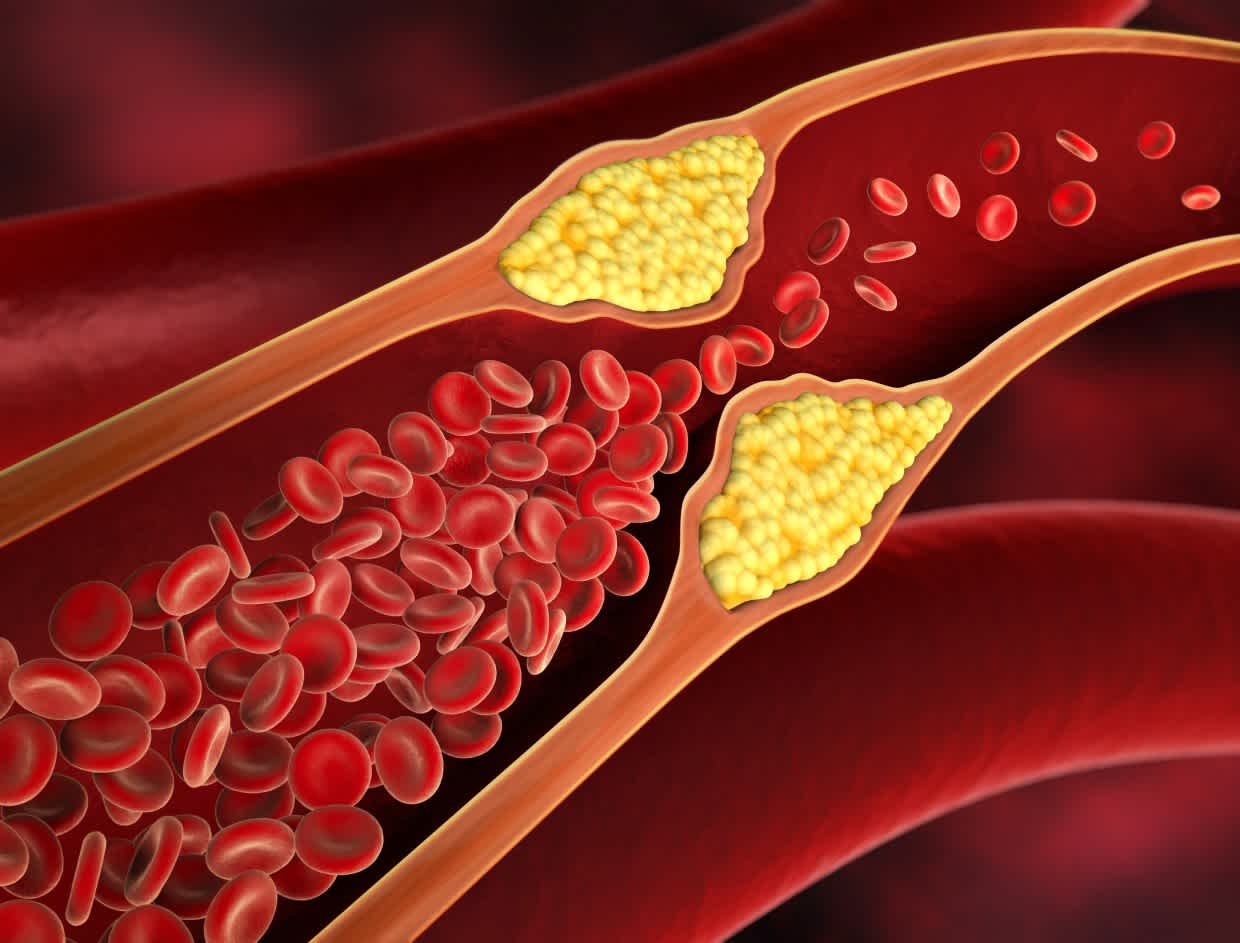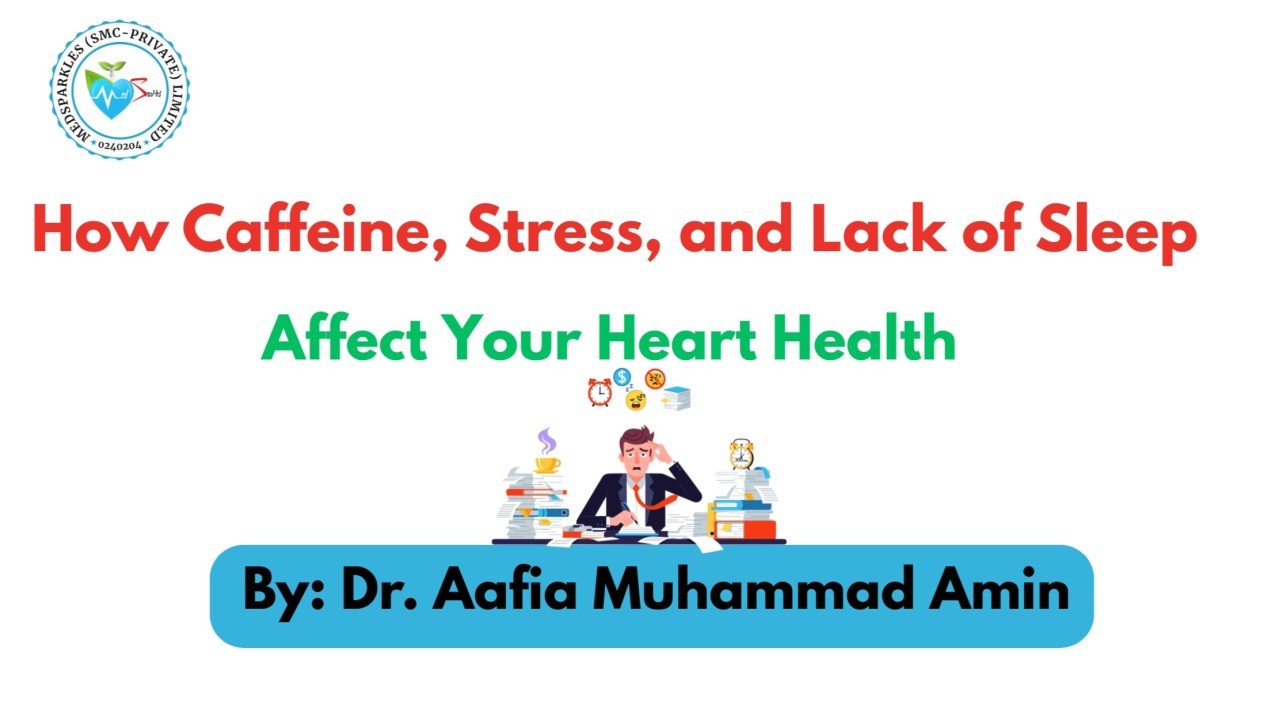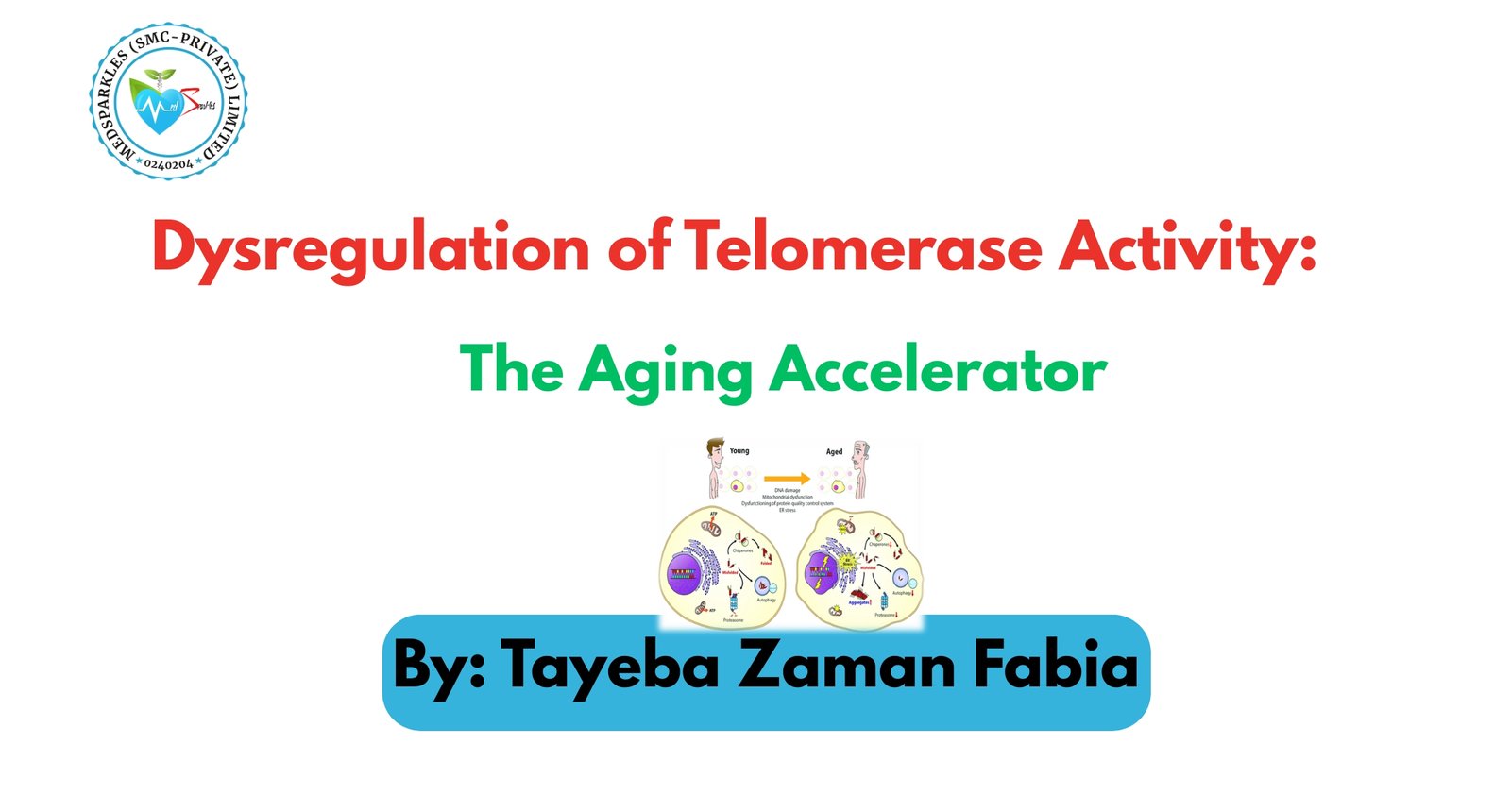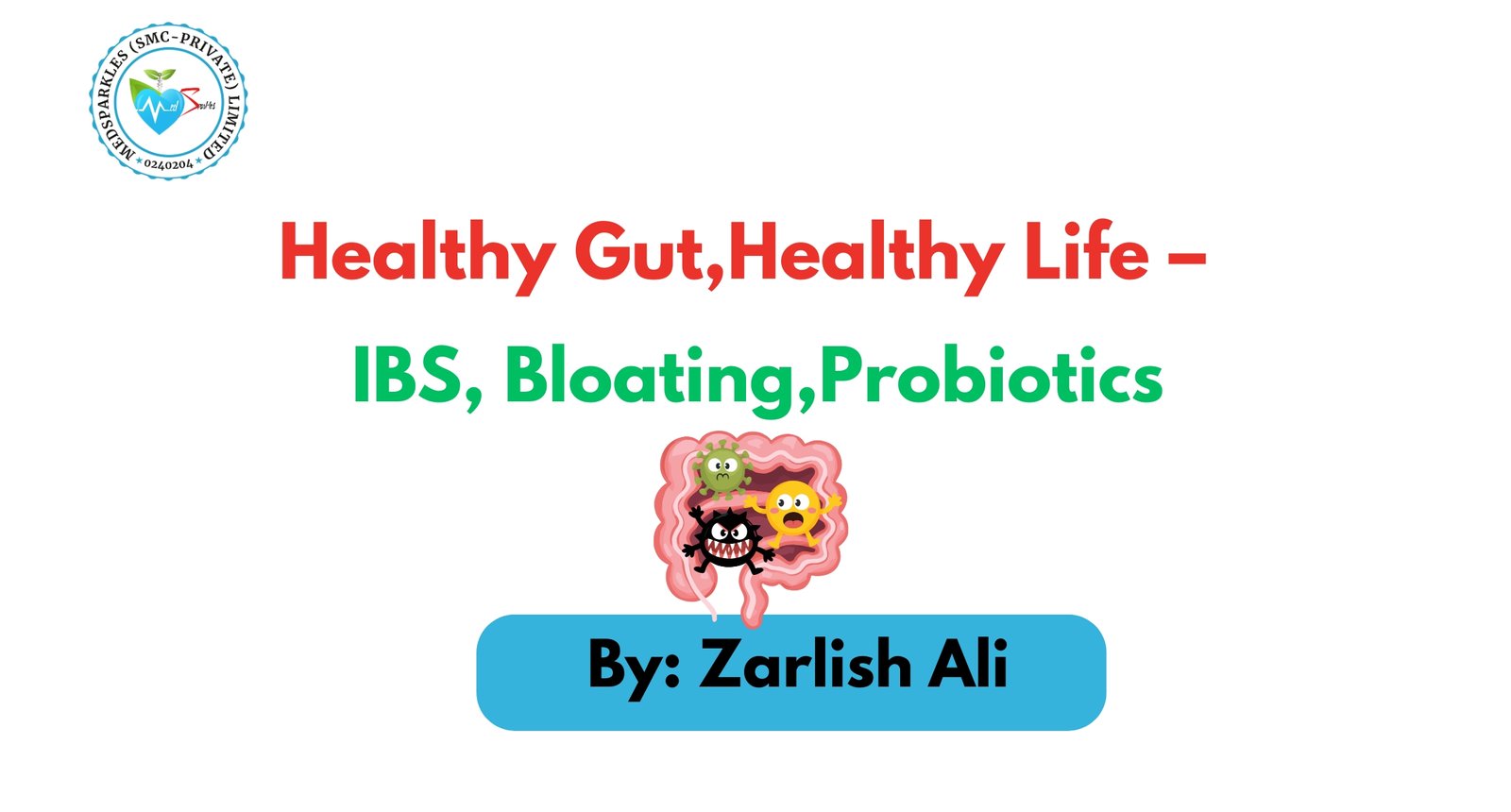Cholesterol is the most important sterol in the human body, widely present in various tissues and playing a pivotal role in maintaining overall health and well-being. It is a fundamental component of every cell and is essential for cellular vitality, function, and membrane structure.
Cholesterol also plays a key role in cardiovascular health; however, elevated levels can increase the risk of developing heart disease. Moreover, it can have a significant impact on the body’s ability to transport nutrients, hormones, and oxygen to cells.
On one hand, this biomolecule is essential for our life; on the other hand, excessive levels can lead to cardiovascular diseases, including atherosclerosis, heart attacks, and strokes. Increased levels of cholesterol can also lead to the formation of plaques in arteries, causing them to narrow and harden. The narrowed arteries can ultimately restrict blood flow to vital organs and can also lead to ischemia or infarction. Furthermore, hypercholesterolemia can significantly increase the risk of developing renal diseases, peripheral artery disease, and other cardiovascular conditions.
Therefore, maintaining optimal cholesterol levels in our body is crucial, as it will prevent the occurrence of such diseases and promote overall health and well-being.
CLINICAL SIGNIFICANCE OF CHOLESTEROL:
Cholesterol is a term with which many of us are familiar, but our actual knowledge about its clinical significance is often limited. Here’s a breakdown of its importance and clinical significance:
1. Cellular Function:
Cells are the basic units of life and require various biomolecules to perform vital functions optimally. Among these biomolecules, cholesterol plays a pivotal role in maintaining the balance of cellular processes. Not only does it contribute significantly to maintaining the fluidity of cell membranes, but it also maintains the stability of cells. Cholesterol is essential for the structural integrity of cell membranes, the vital barriers that protect cells from their environment.
Furthermore, cholesterol plays a key role in cellular communication and signaling, enabling cells to respond to their environment and interact with neighboring cells. Through its involvement in these critical functions, cholesterol plays a significant role in maintaining the overall health and functioning of cells, which, in turn, is essential for the well-being of the entire organism.
2. Hormone Production:
Cholesterol serves as a precursor for the production of all five classes of steroidal hormones, which are essential for various bodily functions, including metabolism, growth, development, and reproduction. These hormones play a crucial role in regulating various physiological processes, and their proper functioning is vital for maintaining overall health and well-being. The five classes of steroidal hormones derived from cholesterol are described below:
- Glucocorticoids:
Glucocorticoids, such as cortisol, play a pivotal role in various bodily functions, including the regulation of metabolism, stress response, and immune response. They are also involved in maintaining blood glucose levels, reducing inflammation, and assisting in the metabolism of proteins, carbohydrates, and fats.
Due to their role in suppressing the immune system and their anti-inflammatory action, they are used in the treatment of diseases caused by an overactive immune system, such as allergies, asthma, autoimmune diseases, and sepsis.
- Mineralocorticoids:
Mineralocorticoids, such as aldosterone, are a class of hormones that regulate electrolyte levels in the body by maintaining sodium, potassium, and water balance. Furthermore, they play an essential role in regulating blood pressure, nerve function, and muscle contractions.
- Estrogen:
Estrogen is a class of hormones, such as estradiol, that play a crucial role in the development and maintenance of female reproductive tissues. Estrogen also regulates menstrual cycles and maintains bone density, making it essential for women’s reproductive and overall health.
- Androgen:
Androgens, such as testosterone, play a crucial role in the development of the male reproductive system. Additionally, they regulate sperm production and maintain bone density and muscle mass, contributing to overall male reproductive and physical health.
- Progesterone:
Progesterone plays a crucial role in the human body’s reproductive system. It is involved in preparing the uterus for pregnancy, regulating the menstrual cycle, and maintaining embryonic development during pregnancy.
Hence, cholesterol is a vital precursor for the production of these five classes of steroidal hormones, which play a crucial role in performing various bodily functions, regulating metabolism, and promoting overall health and well-being.
3. Liver Function:
The liver serves as a vital organ, responsible for maintaining cholesterol homeostasis in the body. It is the primary organ responsible for producing, regulating, and clearing cholesterol from the body. Approximately 80% of the body’s cholesterol is produced by the liver, while the remaining 20% is obtained through dietary sources.
Impairments in liver function, whether due to genetic factors, disease conditions, or environmental conditions, can alter cholesterol metabolism, increasing the risk of hypercholesterolemia. This occurs when the liver is unable to efficiently clear cholesterol from the bloodstream, leading to the accumulation of cholesterol in the body and ultimately elevating the risk of developing hypercholesterolemia.
Moreover, underlying liver diseases can also significantly disrupt LDL (low-density lipoprotein) and HDL (high-density lipoprotein) levels, leading to an elevated lipid profile. Therefore, optimal liver function must be maintained for the regulation of cholesterol metabolism and to reduce the risk of associated complications.
4. Synthesis of Vitamin D:
Cholesterol also plays a pivotal role in the synthesis of Vitamin D, an essential nutrient involved in regulating calcium levels, bone growth, and immune function. 7-Dehydrocholesterol, an intermediate in the biosynthetic pathway of cholesterol, is present in the skin. Upon exposure to ultraviolet (UV) rays from the sun, 7-dehydrocholesterol undergoes a photochemical reaction, resulting in the formation of Cholecalciferol, also known as Vitamin D3. Inadequate Vitamin D levels can lead to various health conditions, including osteomalacia, rickets, and significantly increase susceptibility to infections.

5. LDL & HDL:
Plasma cholesterol levels are closely linked with different lipoprotein fractions, which serve as the primary vehicles for cholesterol transport in the bloodstream. The two primary lipoprotein fractions associated with plasma cholesterol levels are Low-Density Lipoprotein (LDL) and High-Density Lipoprotein (HDL).
- LDL (Low-Density Lipoprotein):
Commonly referred to as “bad” cholesterol, Low-Density Lipoprotein (LDL) transports cholesterol from the liver to peripheral tissues. Elevated LDL levels can lead to the accumulation of plaque in the arteries, thereby increasing the risk of cardiovascular diseases, including atherosclerosis, heart attacks, and strokes.
ii) HDL (High-Density Lipoprotein):
Commonly referred to as “good” cholesterol, High-Density Lipoprotein (HDL) plays a crucial role in removing excess cholesterol from the bloodstream and transporting it back to the liver for excretion, thereby maintaining the optimal cholesterol levels.
Maintaining a balance between Low-Density Lipoprotein (LDL) and High-Density Lipoprotein (HDL) cholesterol levels is crucial for cardiovascular health. Elevated LDL levels increase an individual’s risk of developing atherosclerosis and cardiovascular disease. In contrast, elevated HDL levels help mitigate this risk by facilitating the removal of excess cholesterol from the bloodstream.
6. Cardiovascular Risk:
High levels of cholesterol are a major risk factor for the development of cardiovascular disease (CVD), including atherosclerosis, heart disease, and stroke. Through the formation of plaque in arterial walls, which leads to the narrowing of arteries and a reduction in blood supply to vital organs, elevated cholesterol levels can lead to a range of serious health complications.
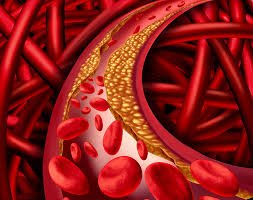
PLASMA CHOLESTEROL LEVELS:
Considering the clinical significance of cholesterol, it is important to be aware of the normal ranges for plasma cholesterol levels, as well as HDL and LDL levels.
- Total Cholesterol level: less than 200mg/dl is desirable
- LDL level: less than 100mg/dl is desirable
- HDL level: less than 60mg/dl is desirable
CONCLUSION:
Elevated levels of cholesterol, whether “good” (HDL) or “bad” (LDL), can be detrimental to one’s health. It is essential to consider the risk factors that can influence cholesterol levels, such as genetics, diet, lifestyle, age, and diabetes. Adopting a healthy lifestyle is crucial, including regular exercise, a balanced diet, and effective stress management, to maintain healthy cholesterol levels. By understanding the significance of cholesterol and taking proactive steps to manage it, individuals can significantly reduce their risk of developing cardiovascular diseases and lead a healthy life.
Remember, maintenance is key to a healthy heart and overall well-being.
